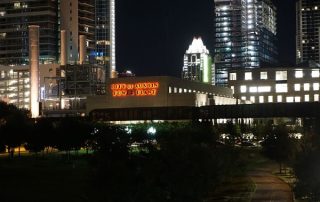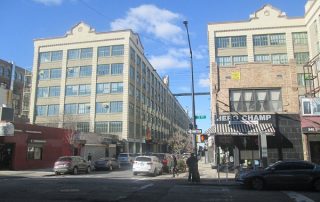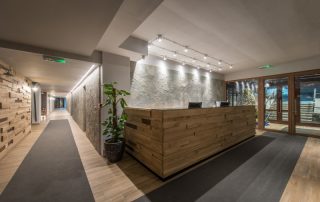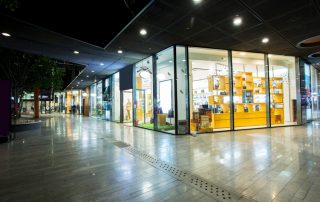Information on commercial design for business, including offices, restaurants, retail stores and other spaces.
Using Universal Design for Better Customer Experience
In her 2016 TED Talk, disability rights advocate Elise Roy said: The unique experiences people with disabilities have is going to be what helps us make and design a better world for everyone. The concept Roy describes is known as universal design, an idea wherein designers strive to create environments that empower all people to

